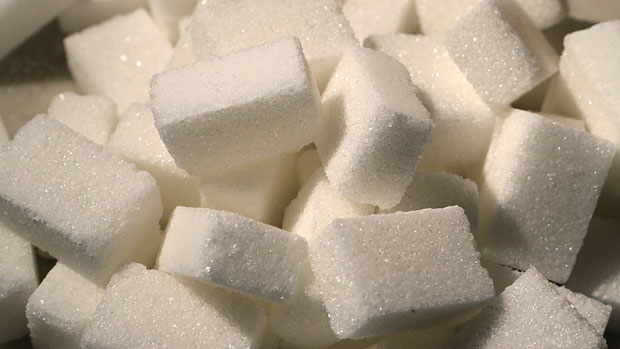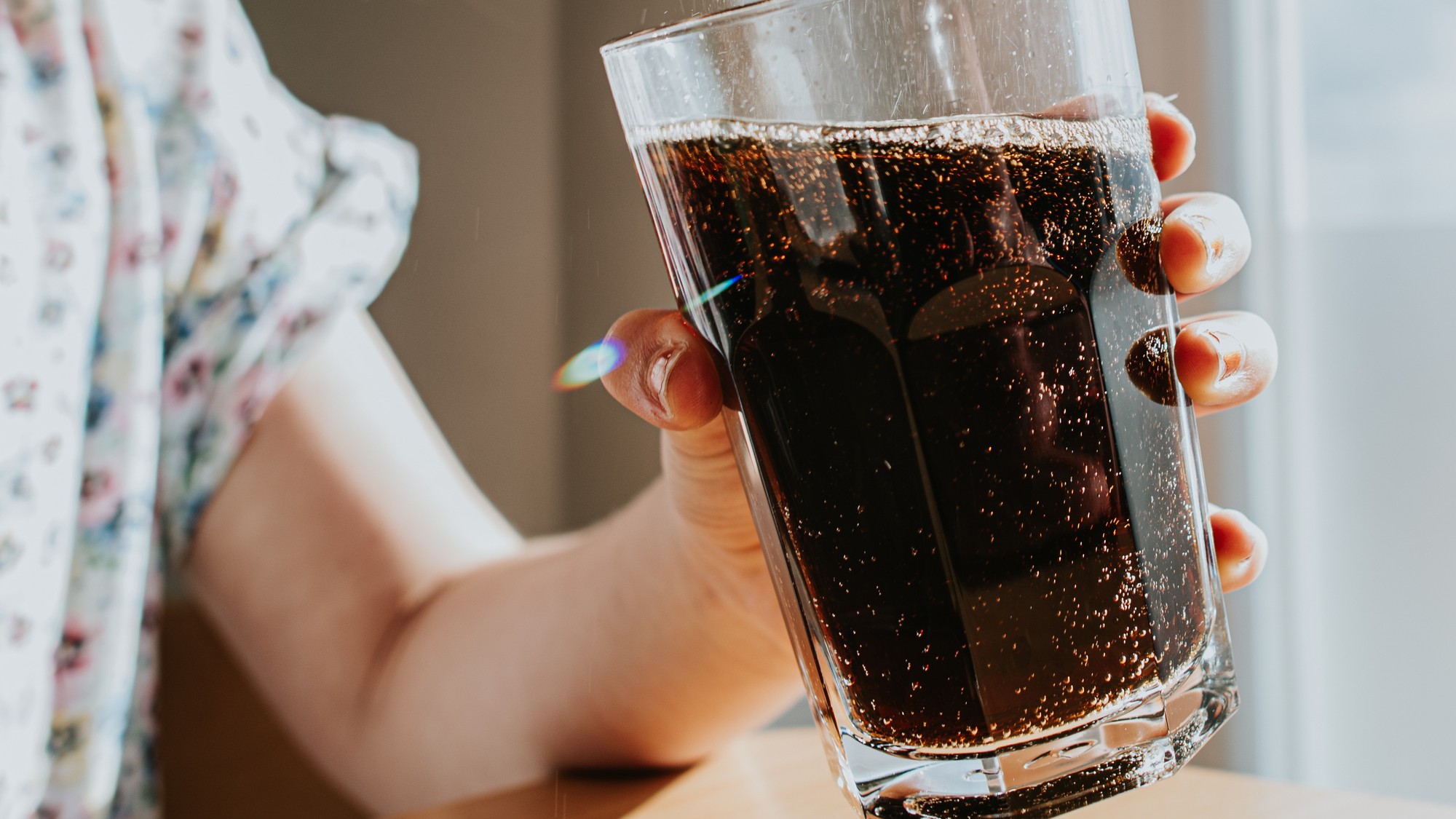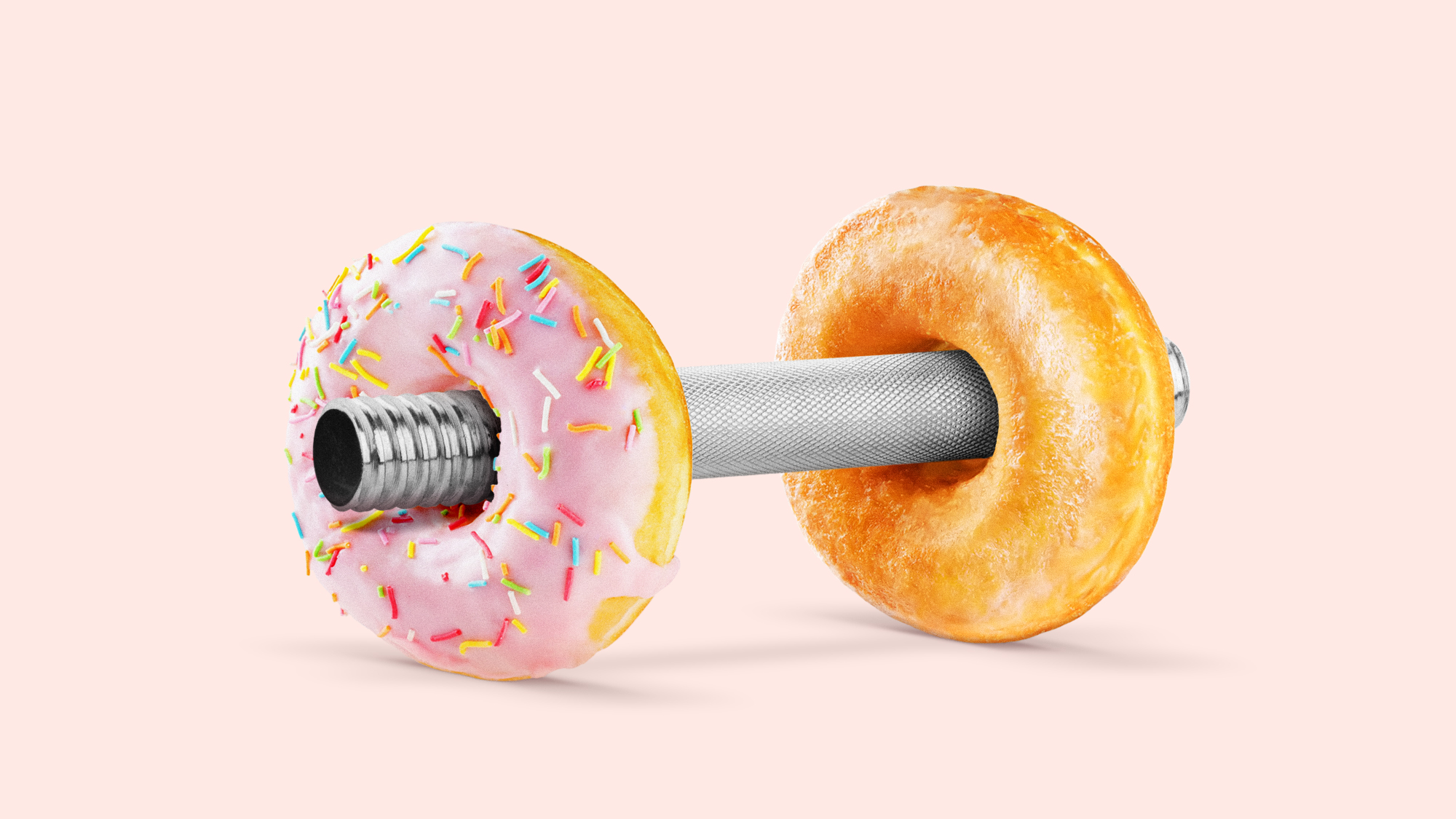'Healthy' snacks for kids contain more sugar than Haribo sweets
Parents are 'being misled' say campaigners, but regulators insist that sugar content is 'clearly labelled'

A free daily email with the biggest news stories of the day – and the best features from TheWeek.com
You are now subscribed
Your newsletter sign-up was successful
Several leading brands of "healthy" fruit snacks aimed at children contain more sugar than Haribo sweets, a study has revealed.
More than four teaspoons of sugar was found in a small packet of Tesco's yogurt coated strawberry fruit bites, Fruit Bowl's raspberry 'Fruit Flakes' and Whitworth's 'Sunny Raisin' custard coated raisins.
"Parents find it hard enough to know what 'healthy' is without food manufacturers confusing matters with misleading claims," said Katharine Jenner, campaign director at Action on Sugar, which led the study.
The Week
Escape your echo chamber. Get the facts behind the news, plus analysis from multiple perspectives.

Sign up for The Week's Free Newsletters
From our morning news briefing to a weekly Good News Newsletter, get the best of The Week delivered directly to your inbox.
From our morning news briefing to a weekly Good News Newsletter, get the best of The Week delivered directly to your inbox.
Child health experts said the results were extremely concerning. "Fruit contains fibre, which we all need to function properly," paediatrician Colin Michie told the BBC. "But in these snacks the benefits of fruit have been sacrificed by covering them in yogurt and other sugary coatings."
The latest figures reveal that a third of all children aged 11 to 15 are currently overweight or obese, while tooth decay currently affects nearly 30 per cent of five-year-olds in Britain.
"The worldwide epidemic of tooth decay will only be controlled when manufacturers markedly reduce the levels of sugars in their products," says Aubrey Sheiham from University College London.
The campaign group is lobbying the government and the food industry to reduce sugar levels in food and drink and is encouraging parents to give their children fruits and vegetables instead of processed fruit snacks.
A free daily email with the biggest news stories of the day – and the best features from TheWeek.com
However, Barbara Gallani, director of regulation, science and health at the Food and Drink Federation said the snacks' sugar content was "far from hidden" and clearly displayed on the packaging. "Parents can use this information to compare and choose between products," she says.
The Department of Health insists that tackling childhood obesity and reducing the sugar content in food and drinks is a priority. "We have already taken billions of calories out of the food and drink market over the past few years by working with industry, and we continue to consider our next steps," a spokesperson said.
-
 How the FCC’s ‘equal time’ rule works
How the FCC’s ‘equal time’ rule worksIn the Spotlight The law is at the heart of the Colbert-CBS conflict
-
 What is the endgame in the DHS shutdown?
What is the endgame in the DHS shutdown?Today’s Big Question Democrats want to rein in ICE’s immigration crackdown
-
 ‘Poor time management isn’t just an inconvenience’
‘Poor time management isn’t just an inconvenience’Instant Opinion Opinion, comment and editorials of the day
-
 Obesity drugs: Will Trump’s plan lower costs?
Obesity drugs: Will Trump’s plan lower costs?Feature Even $149 a month, the advertised price for a starting dose of a still-in-development GLP-1 pill on TrumpRx, will be too big a burden for the many Americans ‘struggling to afford groceries’
-
 Climate change is making us eat more sugar
Climate change is making us eat more sugarUnder the radar Sweets make the heat feel more manageable
-
 The battle of the weight-loss drugs
The battle of the weight-loss drugsTalking Point Can Novo Nordisk and Eli Lilly regain their former stock market glory? A lot is riding on next year's pills
-
 Food may contribute more to obesity than exercise
Food may contribute more to obesity than exerciseUnder the radar The devil's in the diet
-
 Why women are most at risk in Africa's obesity crisis
Why women are most at risk in Africa's obesity crisisUnder the Radar Stigma and lack of access to medication draws comparisons with HIV epidemic
-
 Why are people microdosing Ozempic?
Why are people microdosing Ozempic?In The Spotlight Tiny doses of the weight-loss drug can sidestep its unpleasant side effects, say influencers. But is customising the dose a good idea?
-
 Ozempic babies: a surprise side effect of weight loss drugs
Ozempic babies: a surprise side effect of weight loss drugsunder the radar Murmurs of unexpected pregnancies while taking semaglutide-based drugs are growing on social media
-
 Why Americans are getting shorter
Why Americans are getting shorterUnder the radar Wealth inequality handed the country's citizens the short end of the stick